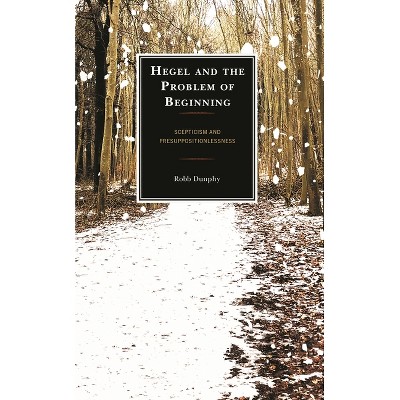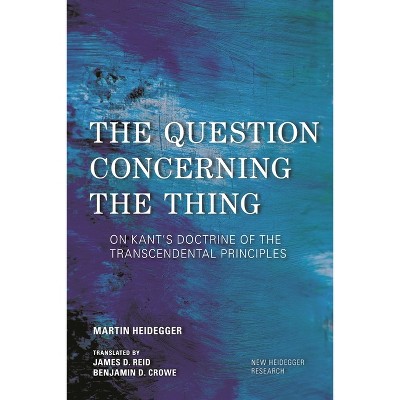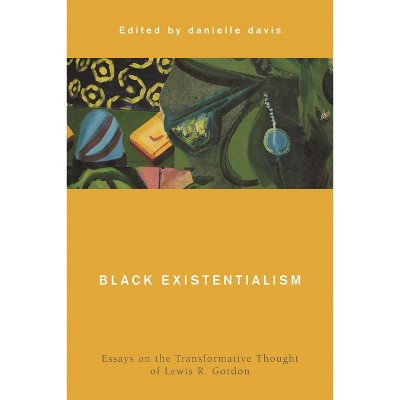Sponsored

Race as Phenomena - by Emily S Lee (Paperback)
In Stock
Sponsored
About this item
Highlights
- This book introduces and explores the relation between race and phenomenology through varied African American, Latina, Asian American, and White American perspectives.
- About the Author: Emily S. Lee is Professor of Philosophy at California State University at Fullerton.
- 252 Pages
- Philosophy, Movements
Description
About the Book
This book explains the importance of embodiment in understanding the function of race. With chapters by expert contributors and coverage of the most recent thinking in philosophy of race, the book is ideal for upper-level students in Phenomenology, Philosophy of Race and Critical Race Theory.Book Synopsis
This book introduces and explores the relation between race and phenomenology through varied African American, Latina, Asian American, and White American perspectives. Phenomenology is best known as a descriptive endeavor to more accurately describe our experience of the world. These essays examine the ways in which this relation between phenomenology and race acts as a site of racial meaning. Philosophy of race conceives race as a social construction. Because of the sedimentation of racial meaning into the very structure and practices of society, the socially constructed meanings about features of the body are mistaken as natural. Hence although racial meaning is theoretically recognized as socially constructed, during an every-day interaction, racial meaning is mistaken as inevitable and natural. Ideal for advanced students in phenomenology and philosophy of race, this volume pushes the phenomenological method forward by exploring its relation to questions within philosophy of race.Review Quotes
As a collection, Race as Phenomena should prove to be a valuable resource for both scholars and students interested in philosophy of race.
Race as Phenomena is an accessible collection of reflections on concrete and theoretical aspects of race in the current post post-racial moment. The shared phenomenological approach encompasses experiences and identities of white, Asian, Latinx, and Black Americans, as well as Muslim feminism. The combined perspective is engaging and insightful.
The pieces collected in Race as Phenomena vary significantly in tone, character and in terms of their balance between description and analysis. But this unevenness is no weakness. It reflects the method and intentions of the authors and the editor, and is the basis of its value. In every chapter, there are stimulating and original insights which resource our understanding of how 'race' operates and is experienced.
Lee's anthology gathers a range of fascinating thinkers on topics that integrate phenomenological approaches with a broad range of topics. From essays on the veil, people of color, state violence against Black women, and on Blackness and whiteness, this volume is sure to interest scholars, students, and lay readers in philosophy, race studies, and feminist theory.
Race as Phenomena is a vital contribution to a growing field. Du Bois once complained that social theorists too often prize abstractions over what he called "the hot reality of real life." The contributors to this valuable collection avoid that mistake while also suggesting the remarkable promise of phenomenological approaches to philosophical race theory. Professor Lee is to be commended!
About the Author
Emily S. Lee is Professor of Philosophy at California State University at Fullerton. Her research interests include feminist philosophy, philosophy of race and phenomenology, especially the works of Maurice Merleau-Ponty. She is editor of Living Alterities: Phenomenology, Embodiment, and Race (2014).Shipping details
Return details
Frequently bought together
Trending Philosophy

















